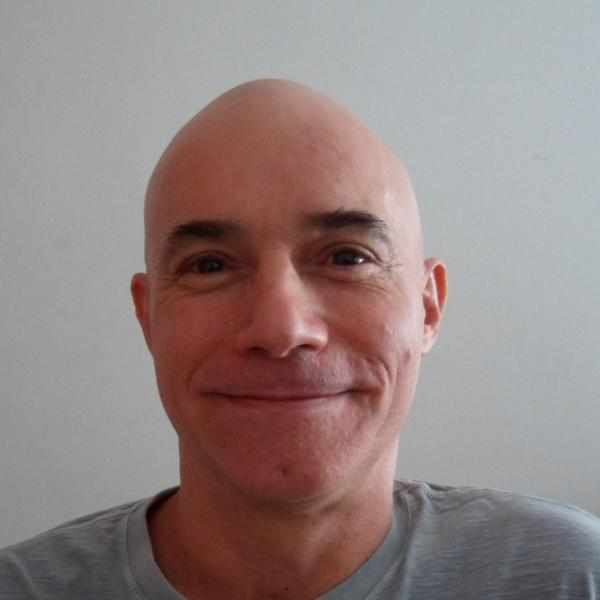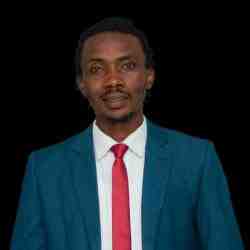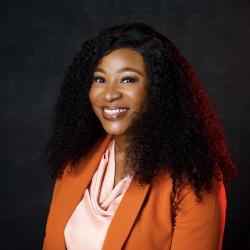Introduction
Ricardo Neves, a 33-year-old engineer, is launching an urban appropriate technology group designed both to champion new approaches and to serve citizen groups and local governments. He is well on his way to early success: pattern-setting Rio de Janeiro seems about to install its first commuters' bikeway.
The New Idea
Neves wants to build an institutional and intellectual home from which he and other public service, grass roots oriented appropriate technologists can help find new solutions for the many serious and growing problems of urban Brazil (70 percent of the country's population now lives in its cities). His idea has two parts: the several innovations Neves is exploring and the institutional framework he hopes to create for himself and other like-minded urban innovators. Over the last several years, while completing his masters' degree in engineering, Neves has brought Rio close to its first bikeway. He envisions a number of such alternatives as escape routes Rio can use to avoid choking on the cars and buses that are now the most common mode of transportation. By integrating bicycle paths with existing metro and ferry lines, Neves hopes to alleviate congestion and pollution and help Rio's residents better enjoy their strikingly beautiful geography. Neves, colleagues from the ecology movement, and neighborhood groups recently won the city government's promise to set up a bicylce path connecting the neighborhoods of Copacabana and Botafogo. The path will end at the Botafogo metro station, thus enabling most bikers to connect with underground trains that can take them to their jobs around the city. Once the Copacabana-Botafogo route is inaugurated, Neves plans to lobby to have it duplicated in other parts of the city, state and country. Curitiba, the capital of Parana state in the south of Brazil, has recently begun to study a similar project. The idea goes beyond getting more people to pedal their jobs. Neves feels that, if democratically organized, the process of planning and installing the bicycle paths will be but a stimulating first step for involved citizens and their organizations. Success here will lead to other initiatives, especially in the transportation and environmental areas. Traditional concepts of urban organization will no longer seem so obviously correct. And technology and its practicioners will have become far friendlier and more accessible. To the degree that such changes and debates leading up to them attract wider attention - as Neves' bikeway initiative certainly has - these broader educational effects will also spread beyond those directly involved. More recently Neves has been exploring whether an alternative tratment technology , heretofore familiar only in large-scale applications, might provide poor, tightly packed neighborhoods with an economical, modest scale method for treating sewage. He will be working on this idea with one of Niteroi's favela (slum) communities. Over the next several years, Neves hopes to bring together a non-profit association/partnership of like-minded urban "counter-specialists." Each of these technical public entrepreneurs will, like Neves, be pursuing his or her own urban innovations in collaboration with local groups. They will share experiences, contacts, and support facilities; and they will work together to provide help and training to citizen groups and local governments that are looking for new ways to solve their health, transportation, environmental, housing, and other urban problems.




